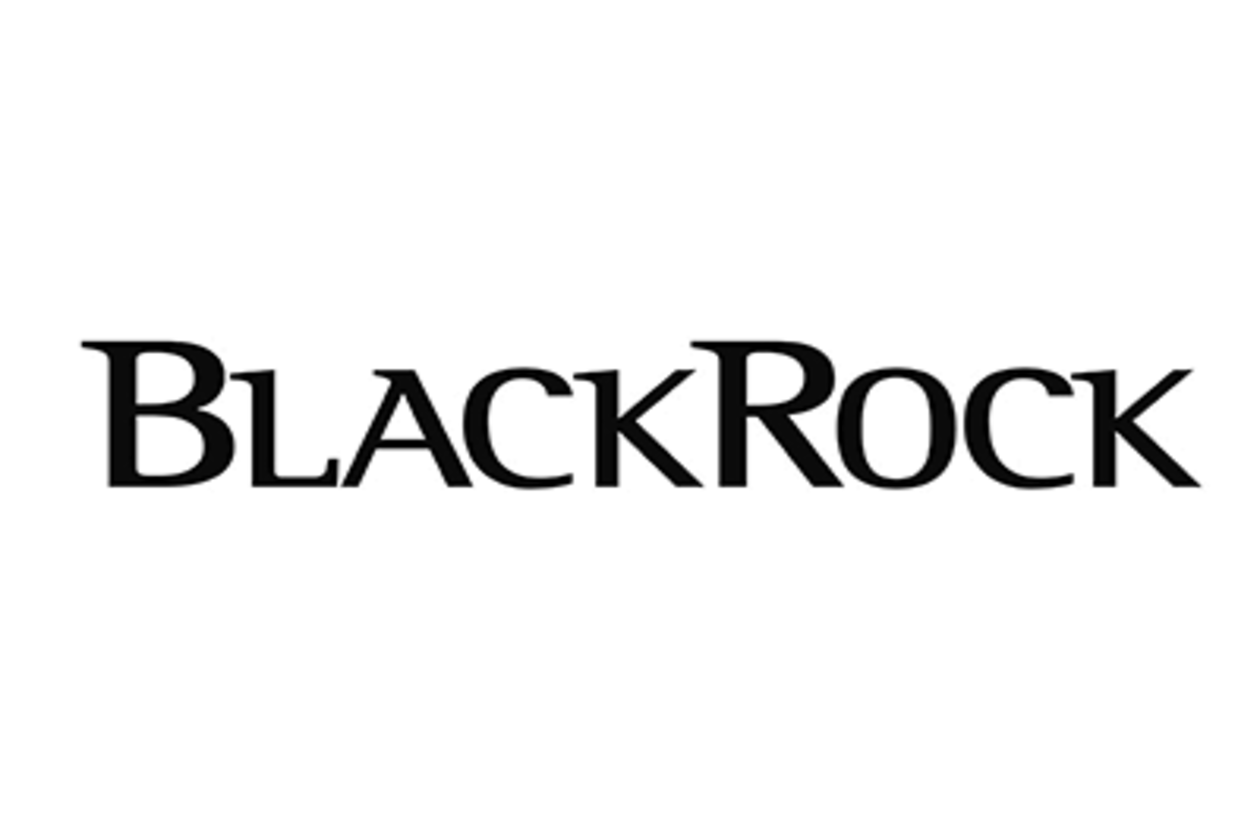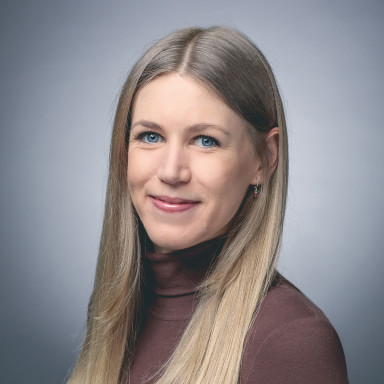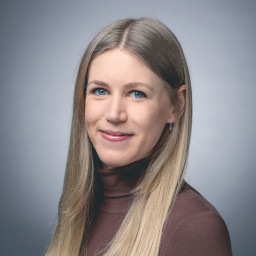Andreas Zoellinger will step down as one of the fund’s co-managers in early 2025, but Brian Hall will remain in place with the support of new co-manager Stuart Brown
The fund uses a more defensive investment approach that could help limit volatility compared to peers in times of uncertainty
Since launch in 2011, the fund’s paid an attractive income to investors. Though yields and income aren’t guaranteed and change over time.
This fund features on our Wealth Shortlist of funds chosen by our analysts for their long-term performance potential
How it fits in a portfolio
The BlackRock Continental European Income fund aims to provide investors with an attractive income alongside growth in their investment. The managers mainly invest in larger, more established European businesses, but have the flexibility to invest in higher-risk small and medium-sized businesses as well.
We think the fund could work well in an investment portfolio focused on income or provide diversification to European and other global funds focused on growth. The managers also aim to provide some resilience during turbulent market periods, which could provide some balance in a more adventurous portfolio.
Manager
Andreas Zoellinger has managed this fund since launch in May 2011 and is a highly experienced investor in European companies. However, he’s due to step down as co-manager of this fund at the end of 2024 and retire from BlackRock and the fund management industry in early 2025. Until then, he’ll remain a manager alongside Brian Hall and Stuart Brown. Hall and Brown will remain co-managers after his departure.
Hall started his investment career in 1999 and became co-manager of this fund in March 2021. He joined BlackRock in 2007 and has worked with Zoellinger within the European equities team throughout this time. He has a long track record of investing in European companies and focused on value companies – those that have been through a tough time that the manager believes is temporary or where the share price doesn’t reflect the future potential. This style is complementary to income investing.
Hall has also managed the BlackRock GF European Value fund since December 2010 and co-managed another European (including UK) income fund alongside Zoellinger since 2021. We think this is a reasonable workload as each fund is managed with a similar investment process, and there’s a degree of overlap.
Brown joined BlackRock and became a co-manager of this fund in July 2024. He previously spent 11 years at abrdn and managed European income funds since January 2021.
The managers also work closely with and draw on the support of the wider European team at BlackRock, where idea sharing, challenge and debate are encouraged. It’s currently one of the largest teams covering European shares in the industry, and we hold the team in high regard. There have been a few changes to the team over the years, including the change to this fund, which we’ll continue to monitor.
Investors can read more about the upcoming manager change and our view in this notification.
Process
The fund aims to provide a growing income, with the potential for long-term growth. To achieve this, the managers can invest in both ‘growth’ and ‘value’ stocks, but their overall approach is a focus on business quality. They balance quality dividend-paying companies with the potential for dividend growth over time, with companies that pay a higher income now, but perhaps have less potential for growth.
The managers also aim for the fund to be less volatile than others investing in Europe, and to provide some resilience during tough markets. Therefore, they consider how cash generative a business is, and how resilient they think it’ll be in a market downturn. This typically leads them to avoid certain parts of the market, like autos and airlines.
Having a blend of quality, income, and growth opportunities across a market cycle is crucial in achieving these aims, so the managers split the fund into three buckets – high yield, steady dividend growth and structural growth.
High yield
companies typically make up half of the fund and offer an average yield (a measure of income) above 4%. These must be run by high-quality management teams and tend to be very cash generative.
Steady dividend growth
companies are considered the more resilient investments. They form the backbone of the fund due to their more resilient income streams. They yield 2-4% and typically make up around 30% of the fund.
Structural growth
companies have lower yields but offer greater potential for capital and dividend growth. These companies tend to be ‘unique franchises’, which the managers view as world-leading companies, like semiconductor manufacturer ASML. Unique franchises make up around 20% of the fund.
The managers aim to invest in companies for the long term, which means they tend to make some, but few, changes from year to year.
Recently the managers reduced investments that can be more sensitive to changes in the wider economic environment (‘cyclical’ businesses), as well as some consumer staples companies. They believe the latter continue to face challenges against a backdrop of persistent inflation, which impacts business costs and consumer spending.
A few new investments have been added to the fund to make up for this, including German telecommunications company Deutsche Telekom. The managers believe it has good dividend growth potential and could improve its cash flows following a recent acquisition.
Software company SAP has also been added. More of its revenues are recurring than they’ve been in the past, which could make the business more resilient during tougher times for the market.
Over time, the managers typically invest in 40-70 companies, so the fund can be concentrated. This means each investment could have a big impact on performance, which increases risk.
The fund lends some of its investments to others in exchange for a fee in a process known as stock lending. This process can add risk.
Culture
BlackRock is the largest asset manager in the world, with over $9 trillion of assets under management globally. The company was founded in 1988 by eight partners including current CEO Larry Fink and is known for both active and passive funds across the world. Employees at BlackRock are encouraged to hold shares in the company so that they are engaged with helping the company perform well and grow.
The culture within the European investment team is also strong. At all levels, debate and challenge is encouraged, and the team works closely together daily. Managers and analysts both make good use of the overlap between other teams, which helps with idea generation.
BlackRock’s incentive structure rewards fund managers for good long-term performance. They’re also encouraged to invest in the funds they run. We think this aligns fund managers’ interests with those of investors.
ESG Integration
The team has always considered environmental, social and governance (ESG) factors in their research, particularly the strength of governance. This part of the process has evolved over time though. The developments have added to the depth of their analysis, their coverage of ESG considerations and their levels of engagement. ESG is fully integrated into their risk analysis as well and features in the stock selection criteria.
As the fund doesn’t specifically target an ESG score or outcome, managers are in charge of making investment decisions for their funds. They need to take ESG criteria into consideration but there are no limitations on what the fund can invest in.
In recent years, BlackRock has increased its focus on stewardship and expanded its range of ESG-focused funds. BlackRock’s Investment Stewardship Team aims to vote at 100% of meetings where it has the authority to do so. They engage with companies, in conjunction with fund managers, and the results of proxy votes can be found on the BlackRock website.
The firm has courted controversy in recent years for failing to put its significant weight behind shareholder resolutions aimed at tackling climate change. It responded by committing to be more transparent on its voting activity and providing rationales for key votes. The firm also outlines its work on voting and engagement in annual and quarterly Stewardship reports.
Cost
This fund is available at an annual ongoing fund charge of 0.91%. We think this is a reasonable price to access a team we hold in high regard. The HL platform fee of up to 0.45% per year also applies, except in the HL Junior ISA, where no platform fee applies.
Please note the fund's charges can be taken from capital rather than income. This increases the yield but reduces the potential for capital growth.
Performance
Since Zoellinger has managed the fund from May 2011, it’s grown 225.14%* and performed better than the 165.00% delivered by the average fund in the IA Europe excluding UK sector. The fund has also tended to experience fewer ups and downs than its peers. As the fund is more defensive, we don’t expect it to fall as much as others in periods of uncertainty but expect it to lag when markets rise. Remember past performance isn’t a guide to the future and funds will rise and fall in value, so investors could get back less than they invest.
More recently, over the last 12 months to the end of August 2024, the fund has performed similarly to the IA Europe excluding UK sector, growing 13.00% and 13.57%, respectively. We think this is a good outcome – the broader European market has performed strongly over the past year, and we don’t expect the fund to keep pace in this environment. Instead, its resilience during tougher times puts it in a good position over the long term.
Over the past year, investments in sectors including consumer discretionary, telecoms, and industrials have had the greatest positive impact on performance. The consumer staples sector has been weaker and detracted from performance – the managers have acted here and sold investments in companies they believe no longer offer as much potential. Beverage companies Pernod-Ricard, Royal Unibrew and Carlsberg have been sold, for example.
In terms of other individual companies, Swedish mobile network provider Tele2, Italian investment bank UniCredit, and Swiss building materials company Holcim were some of the best performers.
A key focus for the managers is to deliver a reliable and growing income. Over the long run, the fund has delivered an attractive income for investors, above the one produced by the market. The fund had a yield of 3.33% at the end of August 2024, though income is not guaranteed, and yields aren’t a reliable indicator of future income.
Annual percentage growth
31/08/2019 To 31/08/2020 | 31/08/2020 To 31/08/2021 | 31/08/2021 To 31/08/2022 | 31/08/2022 To 31/08/2023 | 31/08/2023 To 31/08/2024 | |
|---|---|---|---|---|---|
BlackRock Continental European Income | 5.39 | 20.14 | -10.04 | 10.54 | 13.00 |
IA Europe Excluding UK | 3.53 | 27.13 | -14.42 | 13.46 | 13.57 |


